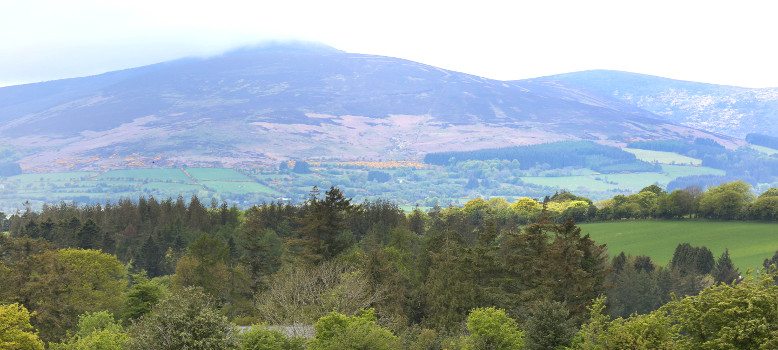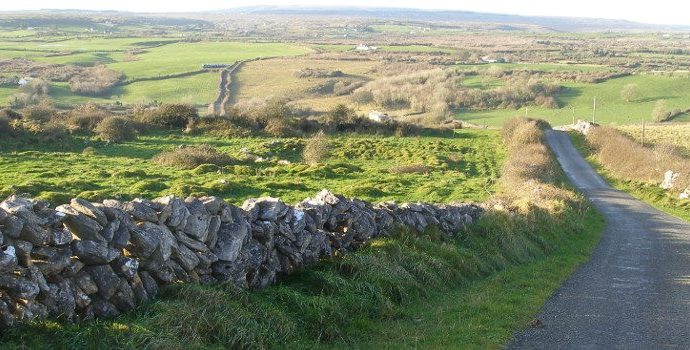Glas on Commonages Must Be Implemented Flexibly with No Farmer Denied Entry

IFA Hill Committee Chairman Pat Dunne has called on the Minister for Agriculture Simon Coveney to implement GLAS in commonage areas now that the first phase of the scheme is closed and with commonage plans due to commence shortly.
Speaking in advance of a meeting with the Department of Agriculture, Pat Dunne said with more than 4,000 farmers having applied for the GLAS scheme on 2,700 commonages it is clear that there are still many farmers who will want to join the scheme but are concerned about the criteria being imposed by the Department of Agriculture.
Pat Dunne also pointed out that there are some commonages where planners may not be in a position to carry out commonage plans and it is up to the Department of Agriculture to appoint and pay for planners to carry out plans in such areas.
In relation to the min/max level of stocking, the period of time for this to be achieved must be extended in commonages where there is a low level of interest in the GLAS scheme. No individual farmer should have to reach a level of stocking that is unsustainable and impractical.
Guidelines
The IFA hill leader also asked for the publication of the guidelines to planners to carry out commonage management plans for 4,000 farmers who joined the first phase of GLAS. These guidelines must allow CMP’s to be carried out in a flexible and simple format.
Pat Dunne said that many planners are ready to carry out these plans and must now be provided with these guidelines without further delay. He also said that the time period to carry out the plans, which has been set for the end of August, needs to be extended. However the 4,000 farmers who have applied for the GLAS must get a significant part payment for 2015 later in the year.
The IFA hill farmer leader said it is expected that many commonage farmers who did not join the first phase of GLAS are ready to join when the scheme reopens in the autumn when the CMP’s are completed. Many commonage farmers are still in AEOS, and as they are priority Tier 1 farmers are guaranteed entry to the scheme. In addition, the splitting parcel issue ensured that some farmers were better to wait until the autumn as they could maximise their payments.




